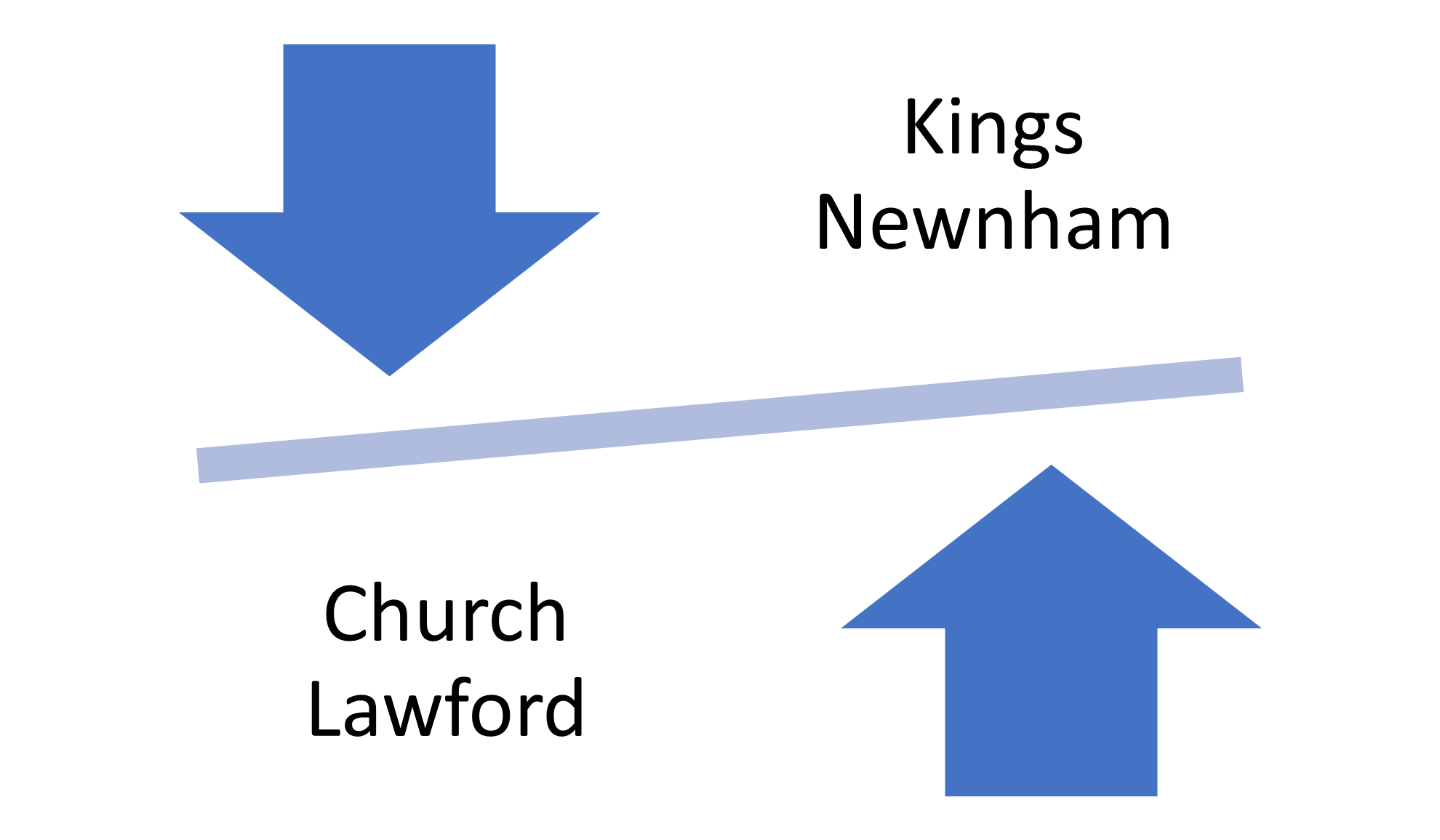The Poor Law Acts of 1597 and 1601 made it compulsory for parishes to levy poor rates on householders, in order to raise money to help the poor. The rates were collected by the Overseer of the Poor. Other parish officials, such as the Surveyors of Highways and the Constables, also began to levy rates for other administrative purposes. Records of these local assessments usually survive in the parish records, although some remained in private hands and became part of family and estate collections. The Poor Law Amendment Act of 1834 moved the responsibility for collecting poor rates to the new Poor Law Unions.
General Rates were levied by local authorities such as parish councils, borough councils and county councils. Records should survive in local or county record offices. The rates were replaced by the Community Charge (or ‘Poll Tax’) and subsequently the Council Tax, in the 1990s.
